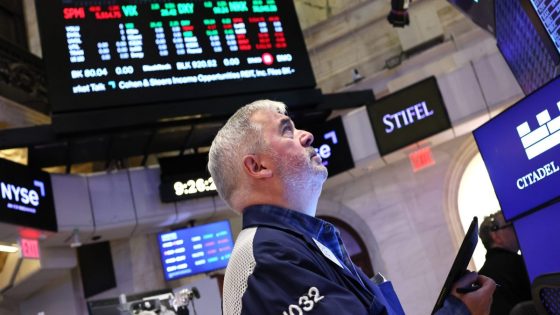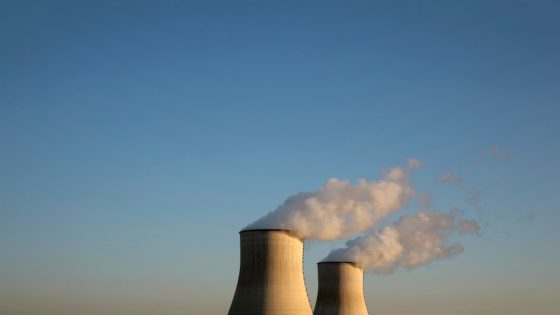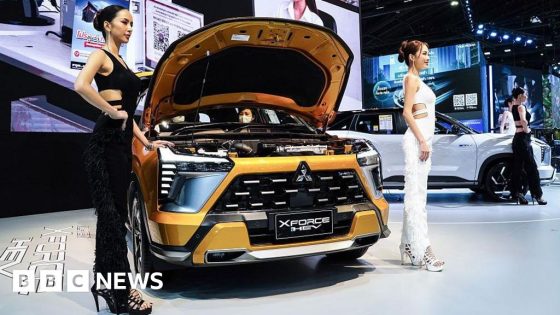Four former Volkswagen executives were sentenced to prison on Monday for their involvement in the emissions-cheating scandal that has significantly altered Europe’s car market. This verdict, delivered after a three-year trial in Braunschweig, Germany, marks a pivotal moment in a decade-long saga that has reshaped the continent’s approach to diesel technology.
- Four Volkswagen executives sentenced for fraud
- Jens Hadler received four and a half years
- Diesel market share dropped from 50% to 10%
- Shift towards electric vehicles accelerated
- Volkswagen leads in European EV sales
Jens Hadler, who led diesel engine development, received the longest sentence of four and a half years for orchestrating “particularly serious” fraud. His team had installed software that allowed vehicles to detect emissions testing, thereby temporarily enhancing pollution controls while allowing higher emissions during regular driving. As of 2025-05-26 21:22:00, the fallout from this scandal has extended beyond corporate boardrooms, fundamentally changing consumer trust in diesel vehicles.
This scandal raises critical questions about corporate ethics and environmental accountability in the automotive industry. How can companies regain consumer trust? What does this mean for the future of diesel versus electric vehicles?
- Diesel vehicle market share in Europe plummeted from over 50% to just 10% of new sales.
- Electric vehicles now account for 25% of new car sales across Europe.
- Volkswagen has emerged as Europe’s leading EV manufacturer, surpassing Tesla in sales.
- The scandal has prompted a broader shift towards electrification in the global automotive market.
As the automotive industry moves forward, stakeholders must prioritize sustainability and ethical practices to regain consumer confidence and adapt to evolving market demands.






























